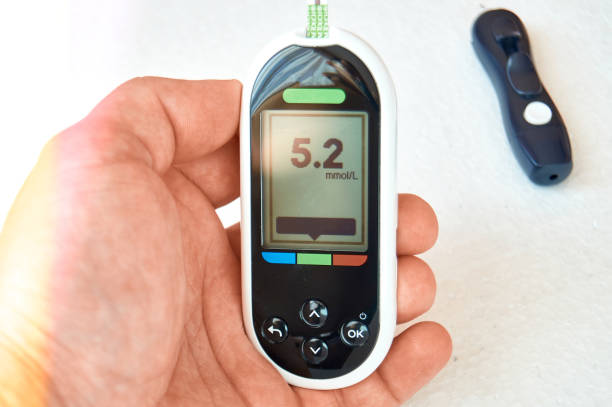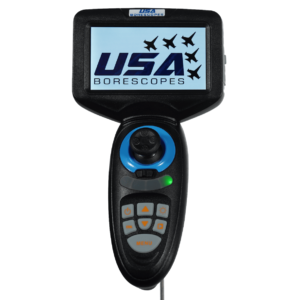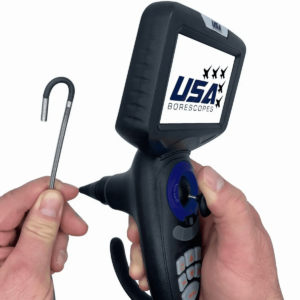A Color Fastness Tester is an essential laboratory instrument designed to evaluate the color retention of textiles, dyes, and prints when subjected to various external factors, particularly washing. This testing is crucial for ensuring that fabrics maintain their aesthetic and functional qualities throughout their lifecycle. The importance of color fastness cannot be overstated, as it directly impacts consumer satisfaction, product quality, and compliance with industry standards.
Understanding Color Fastness
Colorfastness refers to the resistance of a fabric’s color to fading or bleeding when exposed to different conditions such as washing, light exposure, perspiration, and water. The degree of color fastness is typically assessed through standardized tests that simulate real-world conditions. Among these tests, the wash fastness tester plays a pivotal role in determining how well a fabric can withstand laundering processes without losing its color integrity.
Types of Color Fastness Tests
The testing for color fastness encompasses various categories, including:
- Washing Fastness: Evaluates how well a fabric retains its color during washing.
- Light Fastness: Assesses the fabric’s ability to resist fading when exposed to sunlight.
- Perspiration Fastness: Tests the resistance of fabric colors to human sweat.
- Water Fastness: Measures the color retention when the fabric comes into contact with water.
Each test targets specific conditions that fabrics may encounter during their use, providing manufacturers with crucial information about the durability and quality of their products.
The Role of a Color Fastness Tester
A Color Fastness Tester operates under controlled conditions to simulate various external factors affecting textiles. The most common application is in washing fastness testing, where the tester evaluates how well fabrics maintain their color after being washed. This process typically involves several steps:
- Sample Preparation: Fabric samples are cut into standardized sizes and prepared for testing.
- Test Setup: The samples are placed in a washing fastness tester along with adjacent fabrics that may be affected by color bleeding.
- Washing Simulation: The tester simulates washing conditions by agitating the samples in water at specified temperatures and durations.
- Evaluation: After washing, the samples are assessed for color change and any staining on adjacent fabrics using grey scales.
Key Features of a Washing Fastness Tester
A typical washing fastness tester includes several key features designed to ensure accurate and reliable results:
- Stainless Steel Construction: Most testers are made from corrosion-resistant stainless steel for durability.
- Adjustable Cup Sizes: Testers often come with different cup sizes (e.g., 550ml for ISO standards and 1200ml for AATCC standards) to accommodate various testing requirements.
- Microprocessor Control: Advanced models feature microprocessor controls for precise temperature regulation and timing.
- Safety Mechanisms: Many testers include safety features that automatically stop operation if the cover is opened during testing.
These features enable laboratories to conduct tests that meet international standards such as ISO 105 and AATCC specifications.
Importance of Wash Fastness Testing
The significance of wash fastness testing extends beyond mere compliance with standards; it has practical implications for manufacturers and consumers alike:
- Quality Assurance: Manufacturers can ensure that their products will not fade or bleed during normal use, thereby enhancing customer satisfaction.
- Brand Reputation: High-quality textiles contribute positively to brand image. Products that maintain their appearance over time are more likely to foster consumer loyalty.
- Regulatory Compliance: Many markets require textile products to meet specific color fastness standards before they can be sold. Compliance helps manufacturers avoid legal issues and market access barriers.
Testing Procedures
The procedure for conducting a wash fastness test typically follows these steps:
- Sample Preparation: Cut fabric samples are prepared according to standard dimensions.
- Placement in Tester: Samples are placed in the tester alongside adjacent fabrics.
- Washing Conditions Setup: The tester is set up with specified washing solutions, temperatures (usually between 40°C and 95°C), and agitation speeds (commonly around 40±2 rpm).
- Running the Test: The machine simulates washing conditions for a predetermined duration.
- Post-Test Evaluation: After washing, samples are dried under controlled conditions before being evaluated for color change and staining using grey scales.
Evaluation Criteria
The evaluation of wash fastness results involves two main components:
- Color Change Assessment: This measures how much the original color has faded after washing.
- Staining Evaluation: This assesses how much dye has transferred from the test sample to adjacent fabrics.
Both components are rated on a scale from 1 (poor) to 5 (excellent), allowing manufacturers to gauge the performance of their textiles accurately.
Conclusion
In summary, a Color Fastness Tester is an indispensable tool in the textile industry, particularly for evaluating wash fastness. By simulating real-world laundering conditions, this instrument provides critical insights into how well fabrics will perform over time. Understanding and implementing effective testing methods can help manufacturers produce high-quality textiles that meet consumer expectations and regulatory requirements. As consumers continue to demand durable and visually appealing products, investing in advanced testing technologies becomes increasingly important. By ensuring that textiles maintain their color integrity through rigorous testing with tools like the washing fastness tester, manufacturers can enhance product quality while safeguarding their brand reputation in a competitive market.
For more information on textile testing methods/standards
or textile testing machines, contact us:
What’s App: +86 180 2511 4082
Tel: +86 769 2329 4842
Fax: +86 769 2329 4860
Email: sales@chiuvention.com




